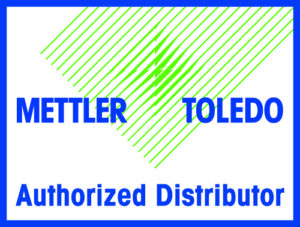Metrology Glossary: Handbook 44 (H-44)
What Is The Handbook 44 (H-44)?
Handbook 44 (H-44) serves as a nationwide benchmark aimed at guaranteeing the precision of weighing scales. Scale proprietors and manufacturers rely on it to be sure their scales comply with the specified criteria. H-44 additionally offers recommendations on evaluating and fine-tuning scales. This standard holds significance as it safeguards both consumers and enterprises. The precision of scales is pivotal in ensuring accurate transactions and adherence to precise product manufacturing standards.
Why Is The Handbook 44 Important?
Ensuring Precision:
- Safeguarding consumers: Handbook 44 (H-44) plays a vital role in protecting consumers against overcharging and inaccuracies in product quantities resulting from the use of imprecise scales.
- Fostering fair trade: H-44 promotes fair competition and ethical business conduct across diverse industries by advocating for precise weighing practices.
- Enhancing quality control: The strict measurements outlined in H-44 standards elevate quality control in manufacturing, guaranteeing that products meet specified weight requirements.
- Facilitating research: Reliable weighing data, upheld by H-44 standards, is essential for the accuracy of scientific research and development in various fields.
Driving Efficiency and Standardization:
- Benchmark for scales: H-44 serves as a definitive benchmark for scale manufacturers and operators, ensuring that their equipment adheres to legal and regulatory standards.
- Guiding evaluation and maintenance: H-44 recommendations assist technicians and inspectors in effectively evaluating and fine-tuning scales to optimize performance.
- Accurate transactions: H-44 standards contribute to precision in commercial weighing, minimizing errors and disputes related to product quantities.
Building Trust and Assurance:
- Consumer trust: H-44 builds confidence between consumers and businesses by guaranteeing accurate and fair weighing practices.
- Manufacturer reliability: Adhering to H-44 standards can enhance a manufacturer’s reputation for delivering quality and reliability.
- Regulatory adherence: Compliance with H-44 guidelines assists businesses in meeting relevant regulations, mitigating legal risks, and fostering a reputation for responsible conduct.

Related Terms
ISO/IEC 17025, a globally recognized standard, sets the criteria for assessing testing and calibration labs' competence....
A weighing scale, also known as a mass scale, weight scale, mass balance, or weight balance, is a crucial device used for the precise determination of an object's weight or...
The American Association for Laboratory Accreditation (A2LA) is a distinguished non-profit organization that holds worldwide recognition for its role in assessing and accrediting a broad spectrum of laboratories and other...









